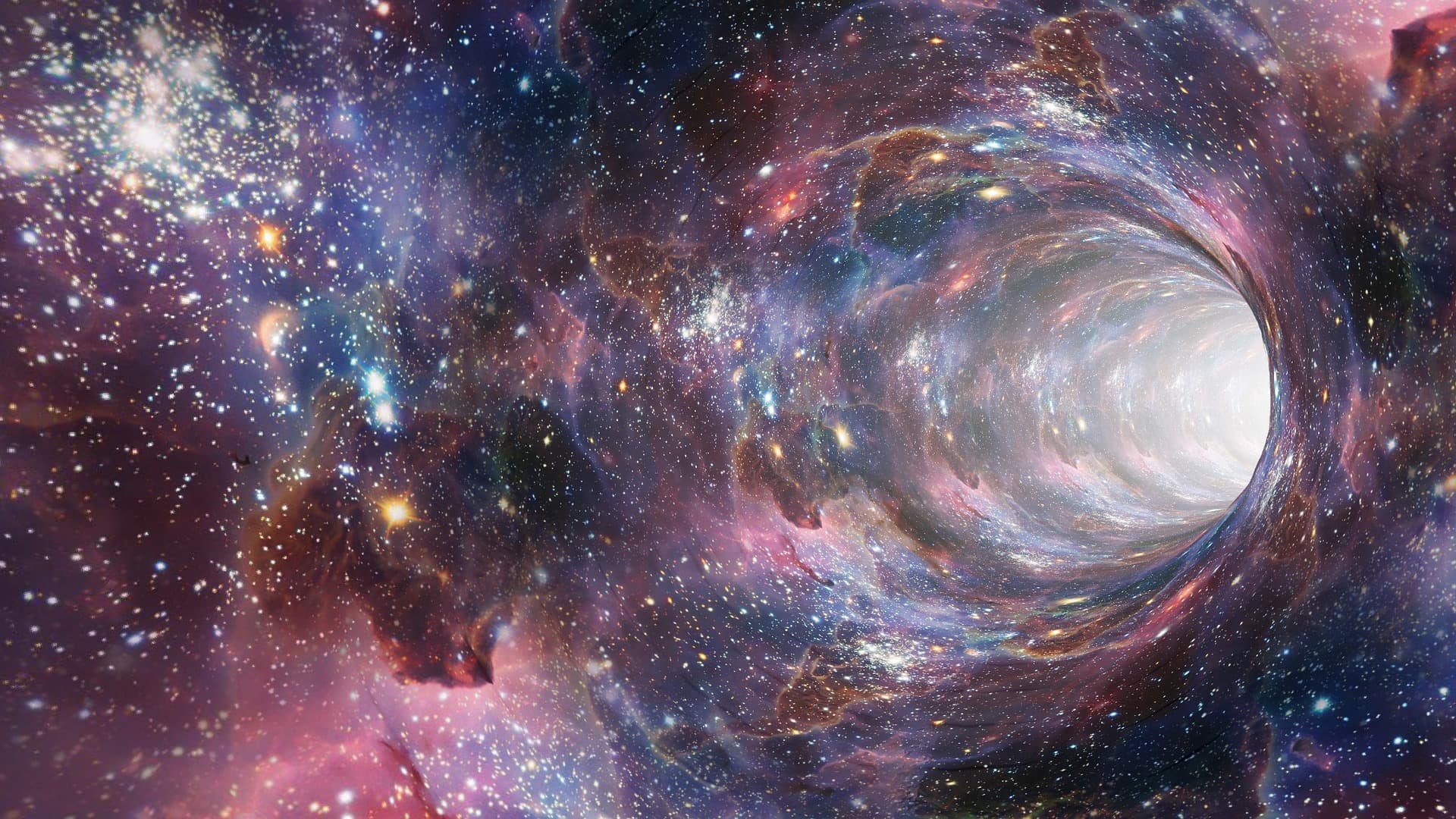Black Holes and Revelations
Black holes are the source of a major quandary when it comes to our understanding of physics; either they can destroy information, which contradicts what we know about quantum mechanics, or they seemingly disregard Einstein's theory of relativity. However, it's now thought by some that the many worlds interpretation might help explain the situation.
It suggests that each one of the multiple possible outcomes of a quantum event splinters off into its own discrete world.
Now, a team of researchers at the California Institute of Technology led by Sean Carroll has suggested that this interpretation can explain away inconsistencies pertaining to black holes. They say that general relativity is upheld within each single possible world, while information is preserved across the entire global wave function, if not among individual branches.
Many Worlds
Aidan Chatwin-Davies, a member of Carroll's team, told Futurism that other scientists have already suggested applying the many worlds theory, also known as Everettian, to the black hole information problem. "Cosmetically, we're perhaps the first to cleanly label our perspective as Everettian," he said. "More substantively, we wanted to perform some concrete calculations to mathematize otherwise abstract ideas."
"Previous attempts considered statements of general relativity and quantum mechanics to be applicable to the same world," Yasunori Nomura, professor of physics at the University of California, Berkeley told Futurism. "My approach separates the two – quantum mechanics allows for a quantum state to be a 'superposition' of many classical worlds; statements of quantum mechanics apply to the entirety of these many worlds while those of general relativity apply only to each of these worlds."
This line of thinking is important because it could potentially explain more about the nature of gravity and spacetime. Nomura suggests that these ideas have a broader relevance to how quantum gravity works at a fundamental level, particular in relation to the origins of the universe.
"We know that we need both general relativity and quantum mechanics to understand black holes, and so they are a good starting point for testing out ideas about quantum gravity," explained Chatwin-Davies. "If we really understood how to describe black holes, then we would be a great deal closer to being able to describe quantum gravity in broad generality."
By using the many worlds interpretation, scientists and astronomers are finding new ways to approach longstanding questions about black holes. With further study, this research might offer up further information about the very fabric of our universe that could fill in some persistent gaps in our knowledge.
Share This Article
